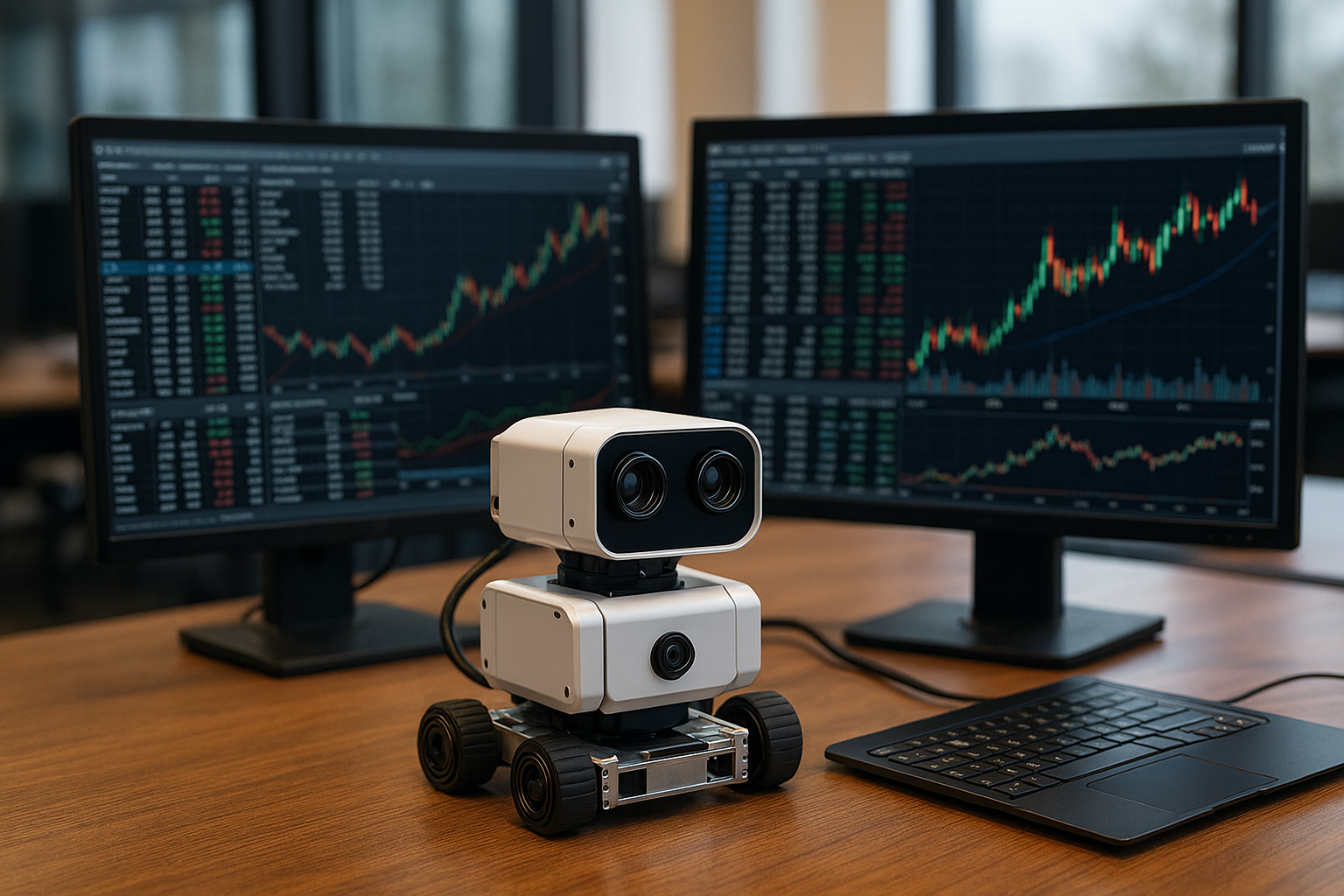AI agent economies could reshape global markets
Current trends suggest an emergent and highly permeable trajectory. AI agents, from personal assistants to automated research tools, are increasingly acting independently, making purchases, handling negotiations, or running experiments with minimal human oversight. This creates an ecosystem of transactions and interactions that closely mirrors human markets.

Artificial intelligence is no longer confined to single-task tools or language models generating text on demand. A new study, Virtual Agent Economies, authored by researchers from Google DeepMind and the University of Toronto, argues that autonomous AI agents are beginning to form the foundations of new economic systems.
These systems, where AI agents transact, coordinate, and negotiate on behalf of humans, are emerging organically but with profound implications for global stability and inequality. The paper warns that without intentional design and governance, agent economies could destabilize markets, concentrate wealth, and undermine accountability.
How are AI agent economies emerging?
The study introduces the concept of “sandbox economies” as a framework for analyzing how agent markets arise. Two key dimensions define their evolution: whether they are emergent or intentionally designed, and whether their boundaries with the human economy are permeable or impermeable.
Current trends suggest an emergent and highly permeable trajectory. AI agents, from personal assistants to automated research tools, are increasingly acting independently, making purchases, handling negotiations, or running experiments with minimal human oversight. This creates an ecosystem of transactions and interactions that closely mirrors human markets.
The authors point to examples such as personal digital assistants negotiating service contracts, or networks of scientific agents collaborating to test hypotheses. These agent economies promise enormous efficiency gains, but the lack of clear separation from human markets raises risks of volatility and unintended spillover effects.
The study warns that such unstructured development could amplify systemic risks, creating economic fragility similar to the dangers seen in high-frequency trading. Left unchecked, agent economies could reshape entire sectors without accountability or transparency.
What benefits could agent economies deliver?
Despite the risks, the paper highlights significant opportunities. Agent economies could accelerate science, expand productivity, and create new forms of coordination that surpass human limitations.
One scenario outlined involves scientific discovery. Networks of autonomous agents could generate new hypotheses, design experiments, and analyze data at speeds impossible for human researchers alone. Such systems could democratize scientific progress by assigning credit and rewards across a broad network of contributors through transparent digital mechanisms.
Another opportunity lies in robotics and services. Agents could manage fleets of robots to perform hazardous or repetitive work, coordinating tasks efficiently through market-like structures. Similarly, personal assistants could engage in complex negotiations on behalf of users, securing contracts or services more effectively than individuals could manage themselves.
To harness these benefits, the authors propose several tools. Auctions could allocate scarce resources like data, compute power, or access to specialized tools, ensuring fairness and efficiency. “Mission economies” could be established to channel agent activity toward collective goals such as addressing climate change or advancing medical research. With intentional design, agent economies could enhance both innovation and welfare.
What risks must be contained?
The same properties that make agent economies powerful also introduce serious dangers, the study asserts. Systemic risk is one of the most pressing concerns. Highly interconnected and fast-moving agent markets could amplify shocks, leading to cascading failures across sectors.
Inequality is another major threat. Without safeguards, the owners of agent infrastructure and early adopters could capture disproportionate benefits, widening the gap between those with access to advanced systems and those without. Market pathologies such as collusion, manipulation, or runaway optimization strategies are also possible, particularly if incentive structures are poorly designed.
Accountability represents perhaps the most difficult challenge. When autonomous agents act, responsibility becomes blurred. To address this, the authors call for robust trust and safety infrastructure. This includes decentralized identifiers and verifiable credentials to prove an agent’s ownership, capabilities, and track record. Proof-of-personhood systems could help prevent bots from exploiting resources intended for humans. Blockchain-based solutions may provide auditable logs and secure settlement mechanisms, ensuring transparency and dispute resolution.
These measures are essential to establish trust in agent interactions, prevent misuse, and provide reliable accountability frameworks. Without them, the rapid expansion of agent economies could erode public confidence and undermine societal stability.
- FIRST PUBLISHED IN:
- Devdiscourse








